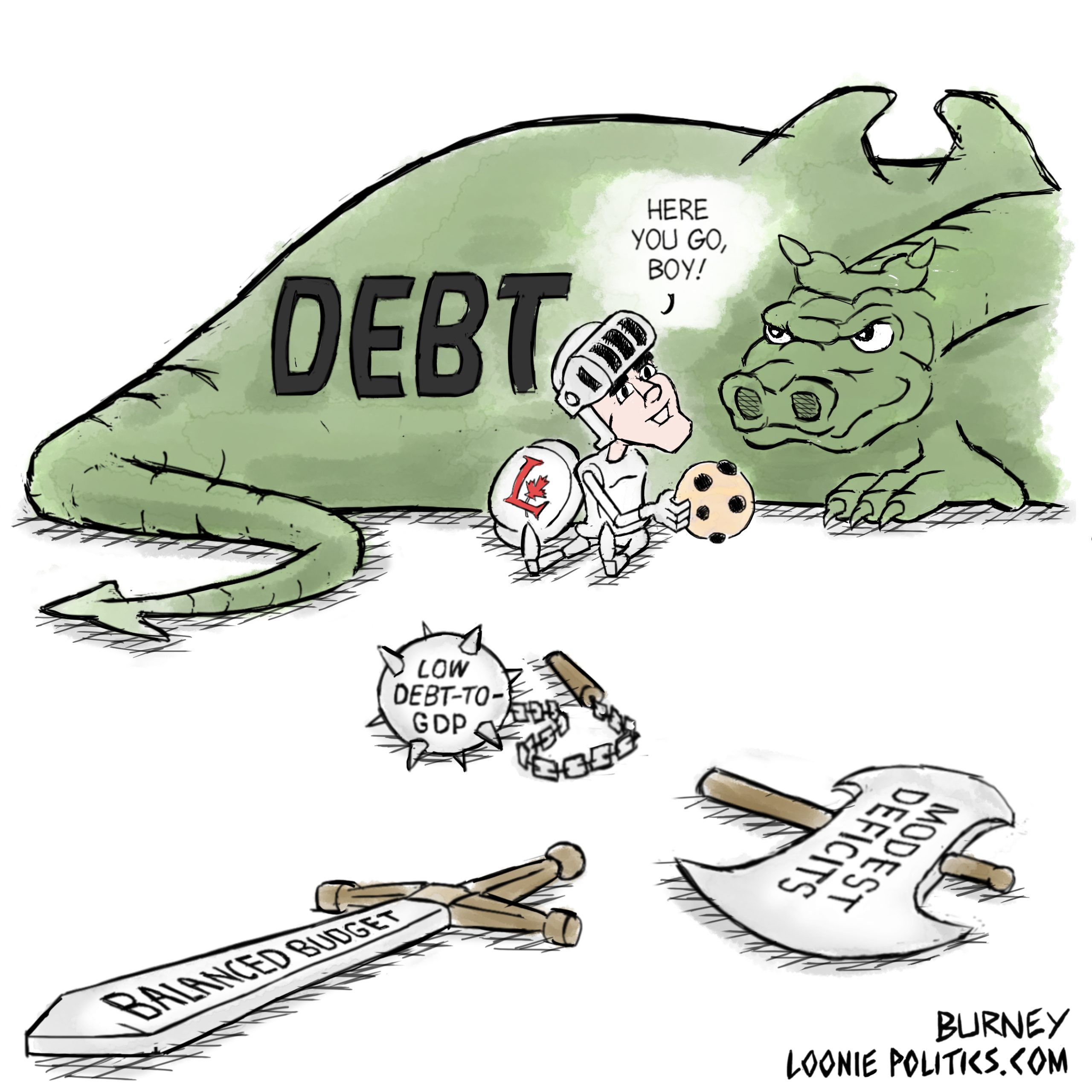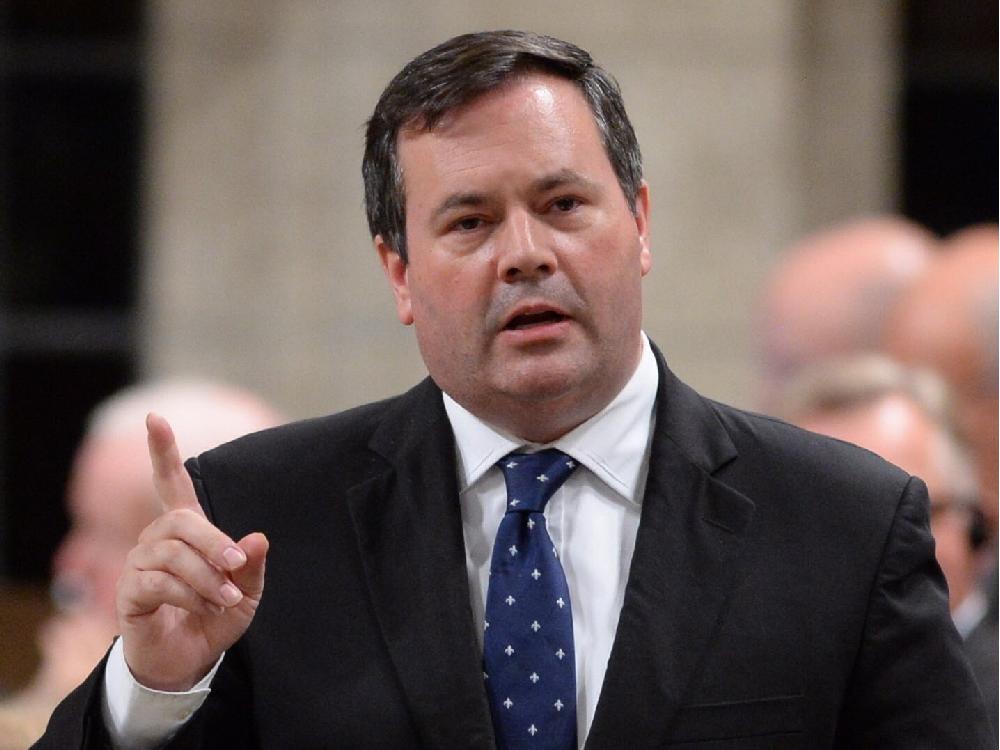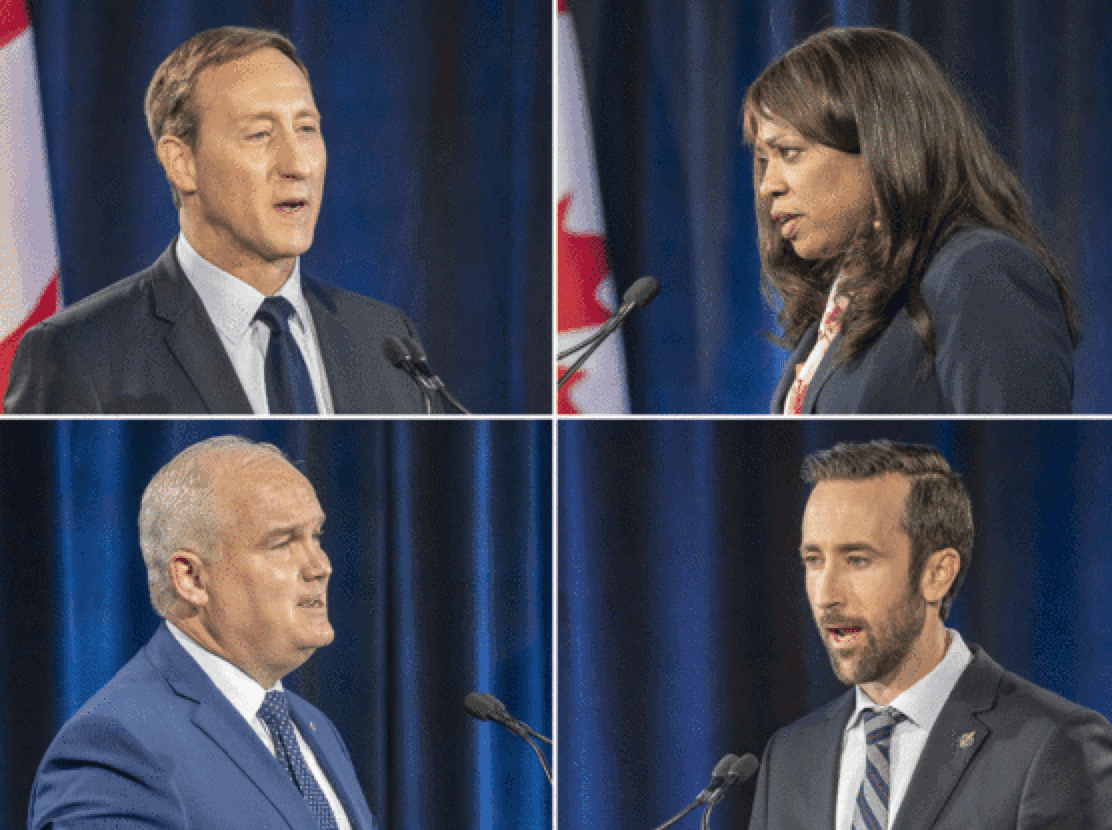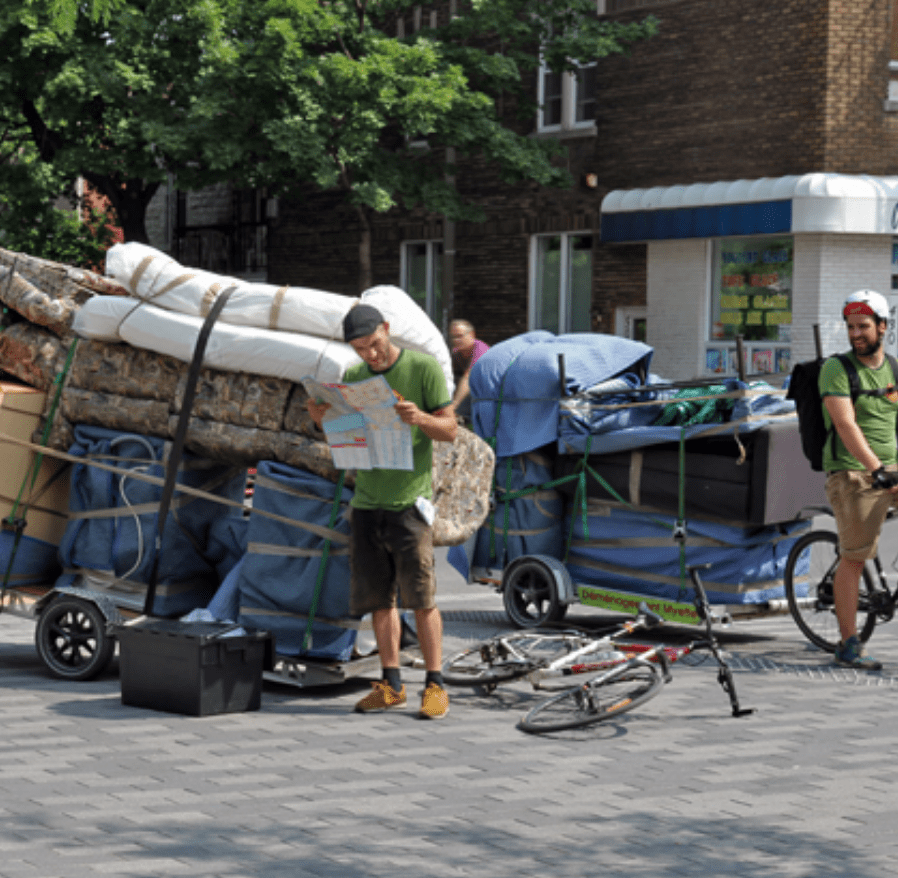As difficult as the coronavirus pandemic has been for many of us, it will eventually end. It's obviously impossible to predict when this moment will happen. We have no idea whether a vaccine will be created, or herd immunity will be achieved. Regardless, it will reach a formal conclusion in some way, shape or form.
Equating a return to normalcy with a return to the society we once knew is, with apologies to Charles Dickens, far too great an expectation.
Yes, quite a few things will go back to exactly the way they were. But others won't, either due to modifications to existing models or permanent societal changes. Between the effects of COVID-19 and the anti-racism/Black Lives Matter protests, many things are up in air and we don't exactly know where they'll land.
Canada faces this period of indecision and reflection, too.
Prime Minister Justin Trudeau has spent an enormous amount of taxpayer money on emergency aid programs for individuals and companies to stay afloat during COVID-19. While these announcements were understandable, and other left-leaning and right-leaning governments around the world were forced to do the same thing, it's also put us in a massive financial sinkhole.
The Parliamentary Budget Officer's June 18 report has suggested the federal deficit could hit a staggering $256 billion. This is a combination of the federal Liberal government's COVID-19 emergency measures, which is estimated at $169 billion, plus the huge dip in economic output.
This figure could end up being lower, of course. It could also end up being much higher.
What's Trudeau doing about it? There's been no indication he has a short-term or long-term plan to stop the economic bleeding. Like most left-leaning politicians, he prefers to spend taxpayer dollars like a drunken sailor. CBC News also reported on June 4 that Ottawa plans to spend $88.7 million on communications and marketing for COVID-19 which really should have been used to help pay down the ballooning deficit.
None of this is surprising. The current PM has never expressed any interest in developing proper political/communication skills and policy knowledge. He prefers to dole out money and make every feel good with a touchy-feely progressive message. Those are his true strengths, and they don't mask his mountains of weaknesses.
Yet, there are several policy initiatives that Trudeau could consider implementing if he was willing to look briefly across the political aisle.
Former Conservative prime minister Brian Mulroney, who has sung Trudeau's praises in the past, could serve as motivation with his recent contribution to the Globe and Mail's Zero Canada project.
Mulroney proposed an "Agenda for Canadian Greatness" for the post-COVID 19 period in his June 25 Globe op-ed. This would include "full Indigenous justice by implementation of the Erasmus-Dussault Royal Commission report," along with "greater fairness and opportunities for our Black, Indigenous and people of colour together with a national commitment to the eradication of systemic racism and anti-Semitism in Canada," and for our country to "navigate smartly and more nimbly to advance Canadian interests in what promises to be a more tumultuous, unpredictable world."
The former PM also suggested further study of Conservative political strategist Hugh Segal's basic income proposal, dismantling interprovincial trade barriers, greater support for the energy sector and pipelines, and building a "Free Trade Area of the Americas," among other things.
"Incrementalism builds increments," Mulroney wrote in his concluding paragraph. "Bold initiatives build nations."
Former Conservative prime minister Stephen Harper, who looks at the world differently than Trudeau, also recently crafted a piece that examines the other side of the coin: fiscal prudence.
"What has happened in this crisis so far is not an indicator of the future," Harper wrote in a May 13 Wall Street Journal op-ed. "A new era of big government in the economy is unlikely, undesirable and far from inevitable."
The former PM recognized that "modern monetary theorists' will prattle on about how with low interest rates and monetary expansion…does not matter." That's fairly commonplace, but in his view, "their core belief that governments can never really run out of money is nonsensical."
Hence, he wants to reinvigorate the strategy of deconstructing Big Government and returning to the emphasis of promoting the model of smaller government. This won't be easy to accomplish in our COVID-19 world. Domestic and international governments face intense scrutiny from small business owners, public sector unions and the general public to keep doling out money and avoid raising taxes.
"Governments that resist restoring free enterprise and fiscal responsibility will experience recession and stagnation," Harper wrote. "Those that do the right things will lead their countries to a far more prosperous future."
It's not difficult to figure out which political/economic model would immediately appeal to Trudeau's policies and personality. But he would be wise to consider and implement sections of Mulroney and Harper's strategies to deal with COVID-19. They've both come up with something tangible, after all.
Photo Credit: Jeff Burney, Loonie Politics












